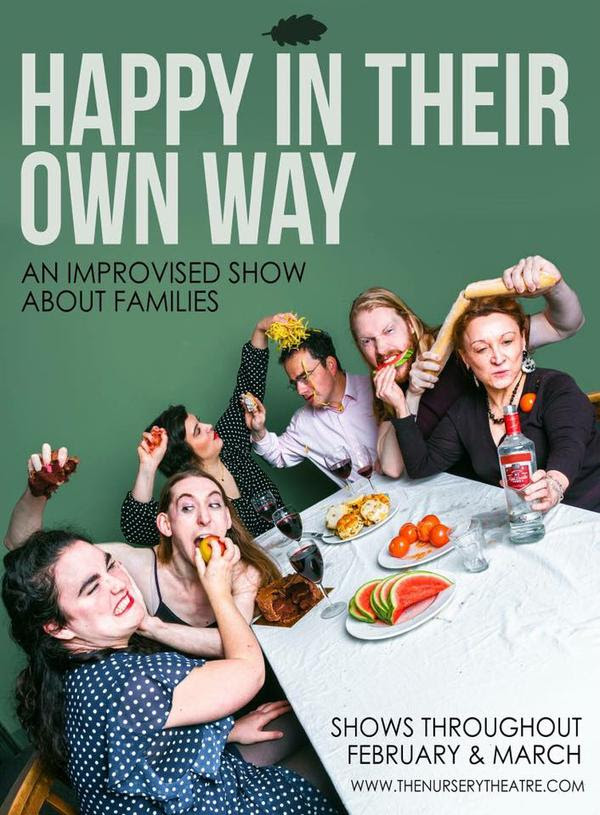Here’s a brief Powerpoint to help with this session: The Five Relationships
This week’s theme is relationships, focusing on some ideas from Chinese philosophy. Relationships are very important in Ruism (“Confucianism”). Very broadly, Western philosophy emphasises the separateness and independence of individuals, whereas in Ruism, relationships help make you who you are, and their proper balance maintains harmony in society. Five relationships in particular are often cited:
r
Parent and child – affection
Ruler and minister – righteousness
Husband and wife – the proper divisions
Elder and younger siblings – precedence
Friend and friend – faithfulness
r
Share the relationships with the children, but not the characteristics tradition said they should have. Ask them to come up with one word that should sum up each relationship – what should there be between those two people? You might use a relationship that is not on this list to get the idea, that of owner and dog – obedience, loyalty, kindness perhaps.
r
Have some discussion about their choices, and then share the traditional ideas. They are drawn from Mencius (pictured above) who lived from 372 to 289 BC and was a famous sage who advised kings. “Proper divisions” – “boy jobs and girl jobs” as Theresa May once put it, is likely to be controversial; as is precedence, that younger siblings should respect older ones, although there is also the idea that older siblings should be friendly to younger ones.

r
Both Ways or Top-Down?
r
You could now look at the relationships between the characteristics of the relationships! In particular, it’s interesting to see which are “both-ways” (reciprocal) and which are “top-down” (hierarchical). The traditional characteristics are mostly hierarchical except for the faithfulness of friendship.
r
“The proper divisions” is closest to a borderline case here, as complementarians argue that traditional gender roles are “equal but different”. There’s a tension here – of course, labour traditionally thought of as “women’s work” should be more valued, but the language of segregation, “separate but equal” should give pause for thought.
r
Other Relationships
r
What other relationships are important, and what characteristics should inform them? Colleagues, classmates, team-mates, coach and team members, grandparent and child, people you meet on the internet. Broadening the enquiry out and then focusing on the relationships where there is greatest disagreement will lead to fruitful discussion.
r
This enquiry as a whole is great for practising concept-naming and clarifying, as so many different concepts from obedience to love to loyalty are likely to be raised. You may have an outbreak of “laminatitis”, in which your school’s values get parroted at every opportunity, in which case just ask, “What else?” to ensure the children are also thinking for themselves.
r
Best wishes,
r
Jason
r
PS The inspiration for this week’s bulletin is twofold. I’ve been listening to Julian Baggini’s “How the World Thinks” and I’m also rehearsing for “Happy in Their Own Way”, improvised theatre about families at The Nursery Theatre near Liverpool Street, London. If you’re in town, come see it!
r
